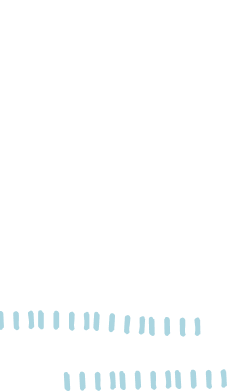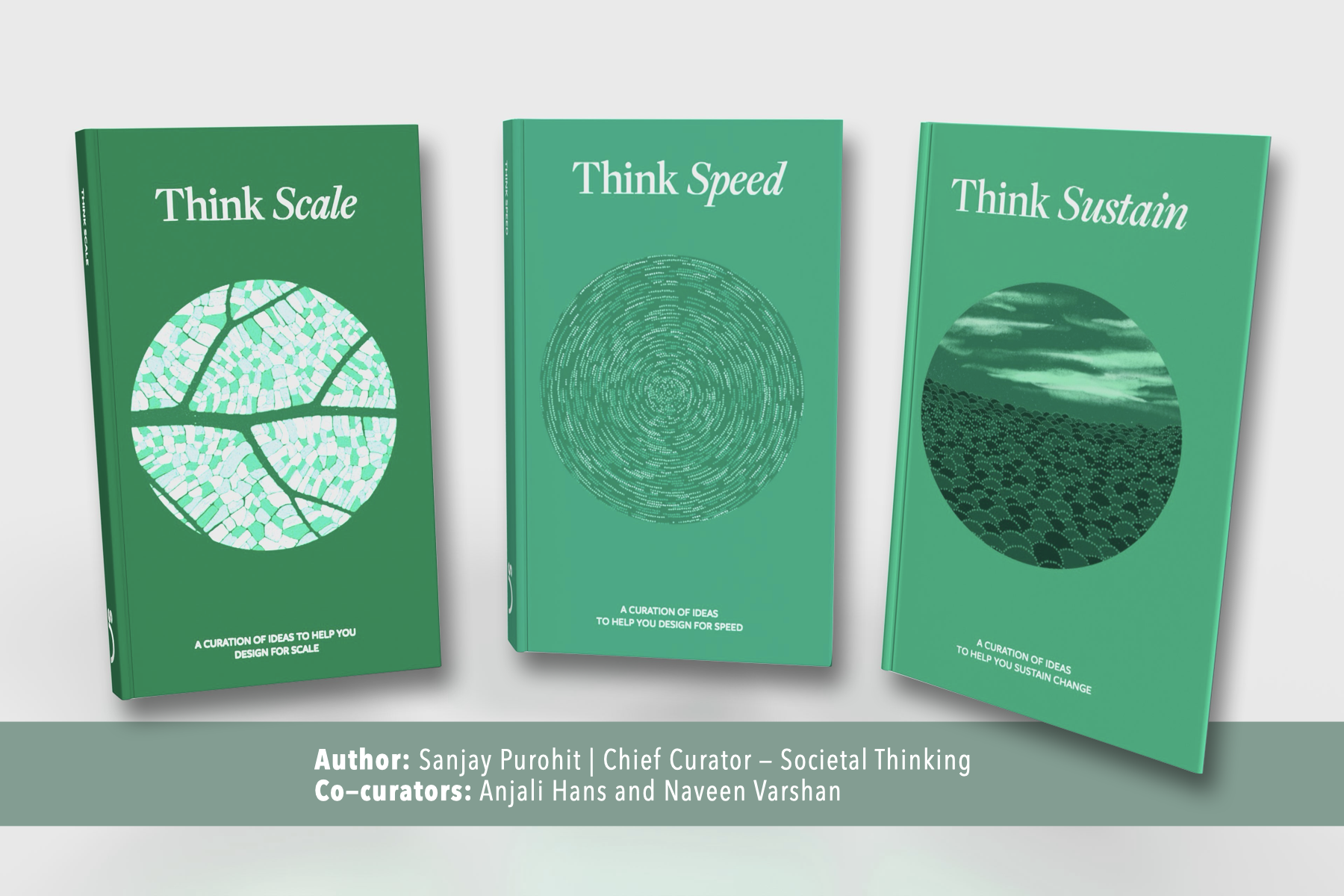There are nearly 26,000 government hospitals across India. Patients visiting government hospitals often come from economically marginalised sections of society and may have limited access to education and thus, lower awareness around health, hygiene and medical practices.
Over the years, I have heard about one problem that persists across government and general hospitals – the inadequacy of resources in terms of specialised doctors, nursing staff and the number of beds to cater to the number of patients. Additionally, essential healthcare dos and don’ts, nutrition and supplement requirements, vaccination schedules and ways to more effectively manage pre- and post-treatment care at home aren’t easy to access. This, in turn, adds burden to the healthcare system due to potential readmission.
I have always wondered how this problem which looks simple but is critical for both patients and hospitals can be solved. This is exactly what co-founders – Shahed Alam and Edith Elliott – are trying to solve at Noora Health.
Noora Health’s mission is based on a belief that there is a power imbalance in the global healthcare system where those who care most for patients – their loved ones – are left out of patient healing. Noora Health has been trying to bridge this gap for the past decade. Noora Health supports the healthcare community in acknowledging loved ones as caregivers through their Care Companion Program (CCP), which involves creating a programme for caregiving training within established healthcare systems. This model provides basic yet vital care knowledge through trusted providers like hospital staff using the ‘Train the Trainer’ model to the patients and their caregivers.
I lead the Health domain at Societal Thinking. One of the first opportunities I had to dig deep into the domain came as a site visit to Vanivilas Hospital and Hulsuru Referral Hospital, both government hospitals in Bangalore where CCP has been implemented. These site visits were a great learning experience for me and my colleague Mangalam. We got to see how the master trainers (Lead nurses trained by Noora Health) conduct training for caregivers in maternity wards. It was very kind of Shanthi, Noora Health Program Associate, to facilitate this visit for us.
We interacted with multiple stakeholders at Noora Health – the India Program Manager, State coordinators, master trainers, tech team and the hospital staff to understand the model for training. Noora Health leverages hospital staff, nurses and an extended network such as that of ASHA workers (Accredited Social Health Activist, or ASHA, is a community health worker employed by the Ministry of Health and Family Welfare as a part of India’s National Rural Health Mission), patients and counsellors. These trainings include real-life examples to emphasise the importance of patient care and are imparted primarily in local languages but are complemented by translations as needed. They take place in 3 modules – before the treatment, during the treatment process and post-treatment (home care).
These sessions are conducted using brochures and leverage technology. YouTube videos serve as reference materials, social media such as WhatsApp and multilingual IVR mechanisms can be used by patients for clarifications or emergencies and any other guidance, 24×7. These WhatsApp groups include CHO, nodal officers, medical professionals, master trainers, and senior doctors so that collectively they can address the issue faster and provide timely guidance to patients.
Postnatal care in the maternity ward
Vani Vilas Hospital sees about 1,500 deliveries a month and is one of the first hospitals in India to start Milk Bank and Newborn Screening (NBS) for the 6 potential conditions an infant is likely to develop in adulthood.
We attended a session in the maternity ward where Sister Geetha and Krishnaveni along with Shanthi and Naina, Master trainers from Noora Health, facilitated a postnatal session. This session is conducted in the ward for all new mothers and their caretakers. Considering the volume of patients, 10-12 sessions are conducted every day in different parts of the ward. Postnatal sessions include educating new mothers about lactation and nursing, milk bank, NBS testing, vaccination schedule, healthy diet and exercises for the postpartum period.
Hulsuru Referral Hospital is a small-scale facility that handles around 60-70 deliveries every month. On a given day, over 100+ patients are visiting either for monthly checkups, follow-ups or consultations with specialists. A Noora Health orientation is conducted every day at least once, sometimes twice, depending on the patient volume. This hospital has also implemented state-level initiatives such as Kayakalp and LaQshya – Labour room Quality improvement Initiative to improve the quality of Primary Healthcare Centres.
Head Nurse Pramila conducted the prenatal session using the charts book that has visual aids to help during the session to explain the Do’s and Don’ts during pregnancy, nutrition, exercise, precautions to take, what to do in an emergency, how to join the WhatsApp group and more for around 20 patients. Trainers also send pictures of every session and their attendance on the WhatsApp group and the MIS (Management Information System) team for monthly reports. With this report, a feedback score is captured for every session.
This visit gave Mangalam and I insight into the impact that Noora Health operating model has. We learnt that Noora Health supports 8.4 Million caregivers, representing 5.6 million patients across 10,900 facilities. Noora Health has significant potential to restore the agency of patients and their caregivers by building their capacity to carry out post-treatment care at home with their loved ones. Noora Health is not just addressing the pressing issue of healthcare inadequacy but also reshaping the landscape of patient care.
We are excited to co-travel with Noora Health to make caregiver training the standard for care. Read more about Noora Health’s journey to scale.
 Back
Back



